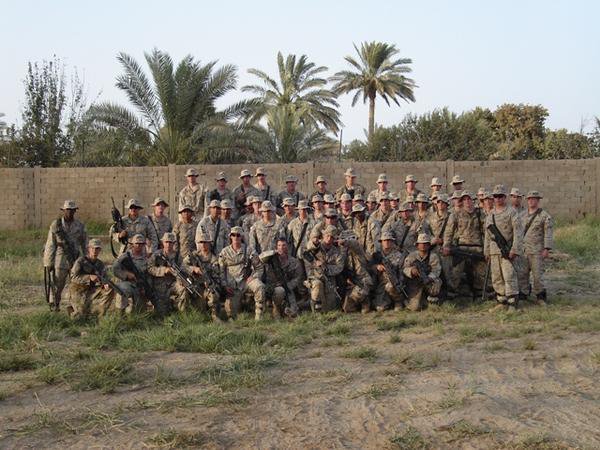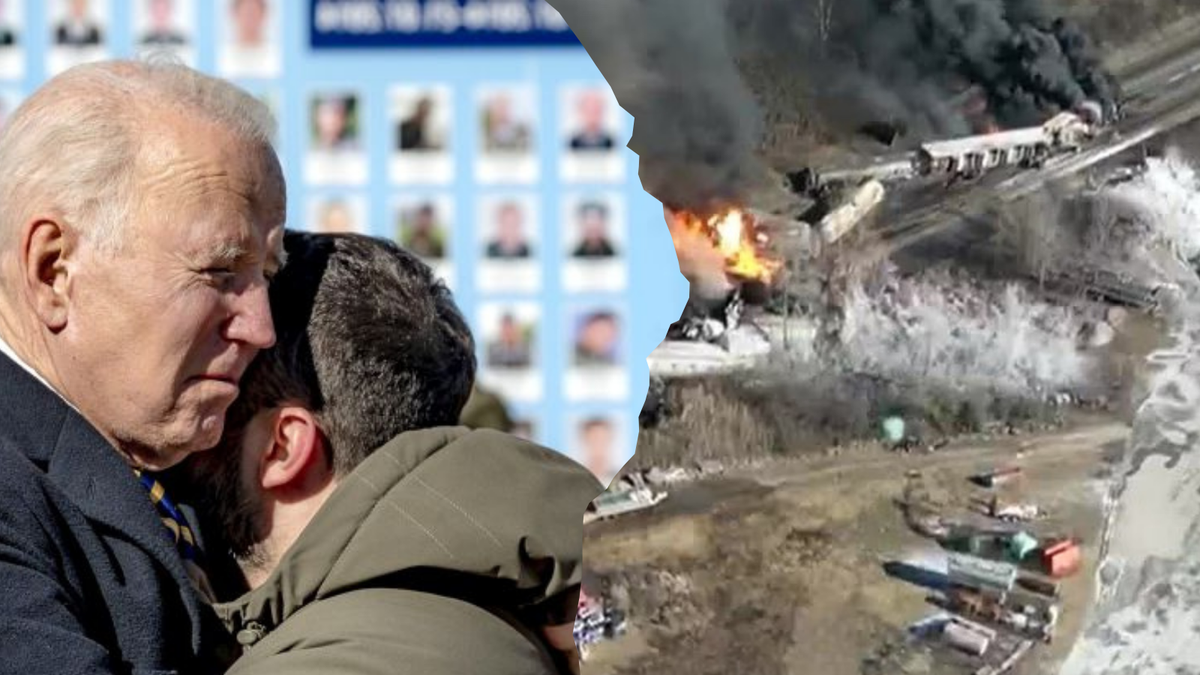Why Free Trade is the Key to Unlocking America's Economic Potential
Free trade is a crucial element of a thriving economy and a key driver of prosperity for the American people. The principles of free trade, which include the unrestricted flow of goods, services, and capital across borders, are rooted in the belief that individuals and businesses should be able to make their own economic decisions without interference from the government.

Remember the Alamo!
The Alamo is under siege again, but this time from the trust that manages the Alamo. More specifically, it's not the Alamo itself that is under siege, but a tavern that is located near by. And the trust has an ally to support its attack on the tavern owner: the government. The weapon of choice: eminent domain.
How I Became Anti-War, Part 3
Before my unit headed back to Iraq for our second deployment, our battalion commander restructured our set up to meet the more unique demands of counter-insurgency. Rather than having our Weapons Company set up with anti-armor and heavy mortar platoons, we were combined into a more traditional infantry company with heavy weapons, since we were no longer fighting a conventional war nor had a conventional mission. I would be assigned to the 2nd squad in MAP 3, radio callsign MAP 3 Bravo.

MAP 3 at ECP 5 near Fallujah
Read more
Prioritizing America: Why Ukraine Shouldn't Be at the Top of the List
As the United States emerges from the Covid-19 pandemic, numerous domestic issues demand the attention of the President and the government. These issues include high inflation, supply chain disruptions, economic struggles, and looming national debt. However, President Biden has made it clear that he's committed to Ukraine, both in terms of providing military aid and supporting its bid for NATO membership. This article argues that the President’s attention should not be on Ukraine at this time, but rather on solving domestic problems that affect American citizens.

Putting People Before Politics: Why the President Should Address Domestic Issues First
In recent years, the United States has been engaged in various conflicts around the world. Many of these conflicts are conducted through proxy wars, where the US supports one side in a conflict against another. These conflicts have had devastating effects on the countries involved, with thousands of lives lost and infrastructure destroyed. As such, the President of the United States needs to act with caution when visiting these countries.

Shocking truth about over-criminalization in the US: Are you unknowingly committing a crime every day?
The problem of over-criminalization in the United States affects all of us, regardless of political affiliation. It is a complex issue that has been exacerbated by a growing number of laws and regulations, many of which are overly broad and vague, and by an increasingly aggressive criminal justice system.

When antiwar isn't antiwar
Libertarians are antiwar, since we are against the initiation of force to achieve political goals. While war is a conflict between two governments, it is always the people under those governments that pay the price with their freedoms and their lives. Libertarians are pretty consistent in their views when it comes to government violence against individuals.
Except when we are not. Or more specifically, when some of us are not. Case in point: when the national Libertarian Party sponsors an antiwar rally that doesn't demand that those who started a war to stop killing individuals. But they do have other demands such as disbanding NATO and slashing the Pentagon Budget. 
The Cost of Excess: Tackling Wasteful Spending in Washington
The United States government has a spending problem. For far too long, politicians in Washington have spent taxpayers’ hard-earned money with reckless abandon. This is unacceptable, and it’s time for us to take action. As a libertarian conservative, I believe in limited government and personal responsibility. It’s time for us to apply these principles to the federal budget and start reeling in wasteful spending.

The Death Penalty: Justice or Revenge?
The death penalty, also known as capital punishment, is a highly controversial and emotive issue that has sparked debate for many years. It's a form of punishment where an individual convicted of a crime is sentenced to death by the state. The death penalty has been abolished in many countries around the world, but it still exists in the United States. The debate surrounding the death penalty often centers on the question of whether it's justice or revenge. This article argues that the death penalty is not justice, but rather a form of revenge that's carried out by the state on behalf of the victim's family.

The Battle for Educational Freedom: Unpacking the Role of Teachers Unions
Education is one of the most important pillars of any society, as it prepares the younger generation to face the challenges of the future. However, the quality of education is often hindered by various factors, including teachers' unions. While teacher unions were initially formed to protect teachers' rights and improve working conditions, they have also been accused of hindering innovation, growth, and student outcomes. Additionally, the pandemic-induced remote learning has exposed the flaws within the education system and led to a demand for parental rights and expanded educational options. This article examines how teachers' unions hinder innovation, growth, and student outcomes and how they played a role in the demand for more parental rights and expanding educational options.

